News - Advertising
Maged Nassar on Striking Gold
August 8, 2017
.jpg) Advertisement
Advertisement“Like everything good in life, it leaves you wanting more,” says Maged Nassar. “Before winning your first, you think, ‘I’ll just bag this one and that’s it. I’m gratified’. But that’s just not how it works, I guess.”
Nassar is talking gold Lions, and so he should be. He now has two of them thanks to Coca-Cola’s ‘The line-up song’, which depicted a group of grown men in a rundown table tennis hall singing a re-written children’s song. And all because nobody knew or recognised the new Egyptian football team.
“You know when you wake up with a tune stuck in your head? That’s exactly what happened,” says Nassar, describing the process that led to the creation of the campaign with FP7 in Cairo. “We’ve been familiar with that song since we were kids at school. They were teaching us how to memorise the different kinds of animals, and I guess that was pretty much what we were trying to do – familiarise the Egyptian people with the new line-up before the Africa Cup of Nations.
“With the exception of the steady cam guy, we all had a lot of fun. Think about it, if you want to make the line-up song more familiar to everybody, you gotta look like everybody. I’m a child of the middle class, and ever since I attended my first game in the stadium I’ve been surrounded by folks who look and dress like that. They had to make it into the commercial.”
In theory Nassar shouldn’t really need much introduction. He’s one of the region’s most awarded creatives and yet has shied away from the limelight, leaving most of the talking to his long-time creative partner Ali Ali, with whom he now collaborates as part of directors’ collective Good People. It was with Ali that he formed the now defunct independent agency Elephant Cairo way back in 2008 and won his first Cannes gold in 2014.
It was with FP7/CAI, however, that he won a cyber gold at Cannes in June for ‘The line-up song’, which also picked up silver in film and two further bronzes in film and entertainment.
Interestingly, the campaign won nothing in film at the Dubai Lynx (it won a gold in film craft), yet has now been awarded at the two biggest advertising festivals in the world – Cannes and D&AD, where it picked up a graphite pencil.
“If we look at the history of the Lynx, we’ll see a remarkable descent in the assessment of participating work,” says Nassar. “Something smells like orientalism to me: a jury made up entirely of non-Arabs is bound to be deaf to local nuances. It also applauds undeserving work because it looks at it as though it’s the best the region can put out. Yet it’s hard to blame the jury, when every year we face the usual dilemma: should the winning work be universally understandable? Or should it be tailored to its local target?
“Then again, how come we keep seeing entries that seem to be speaking exclusively to the jury and have no relevance whatsoever to the Middle Eastern layman? You see, it is indeed a rather confusing festival, inevitably confusing its own jury. Don’t get me wrong, I’m not being bitter here, this is my constructive criticism of the whole thing. The Coca-Cola line-up song didn’t win, and that is fine by me. One day you win, one day you don’t. That’s how it goes.”
A former creative at agencies such as JWT Cairo and FP7/DXB, Nassar has, however, won pretty much all there is to win at both a regional and international level, including grands prix at the Dubai Lynx and a yellow pencil at D&AD in 2015 for his work on du Tuesday with Ali.
“We need to think less about getting golds and focus on what sells,” he says, responding to the relatively low number of golds won by the region at Cannes compared with previous years. “If we had the right ideas that communicate better with our audience and target – less pretentious wannabe work that immediately breaks through to the hearts of people – naturally it will have the same effect on the juries at Cannes or any other international award show. We waste precious time doing Middle East self-pity, indulgent stuff for NGOs, for example, rather than using the same energy to do great advertising.”
Only ‘The line-up song’ won anything in film for the MENA region at Cannes. Why? Where is the region going wrong? What can be done to make sure more is won in the future?
“Time is the word,” replies Nassar. “I think great films need time. Time to write sharper scripts, and then rewrite them again. More time for sound design and post production. Time to be spent more with actors, cinematographers and crew. It’s all about craft now. And I guess we don’t have that necessity with our extremely tight deadlines and over-rushed clients.”


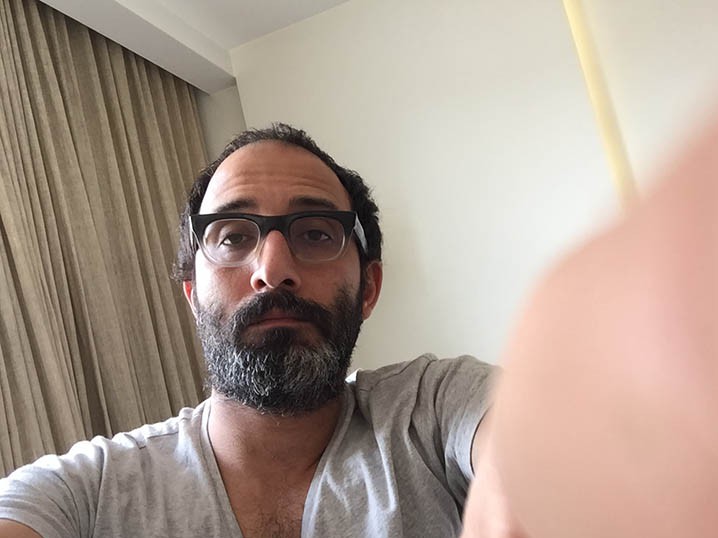
.jpg)
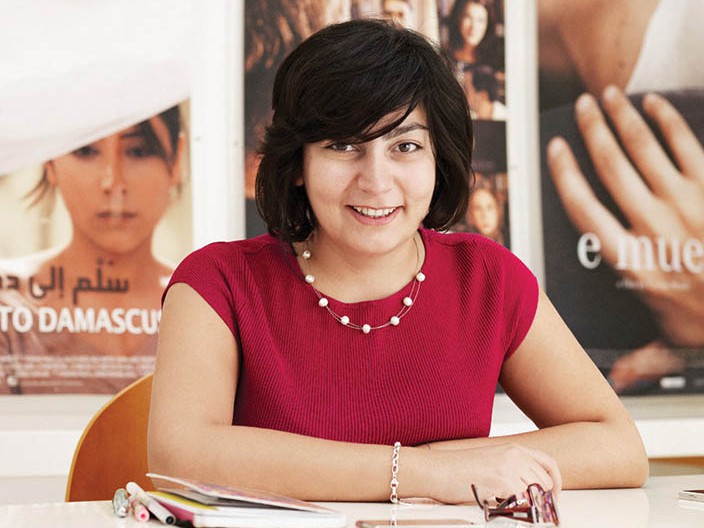
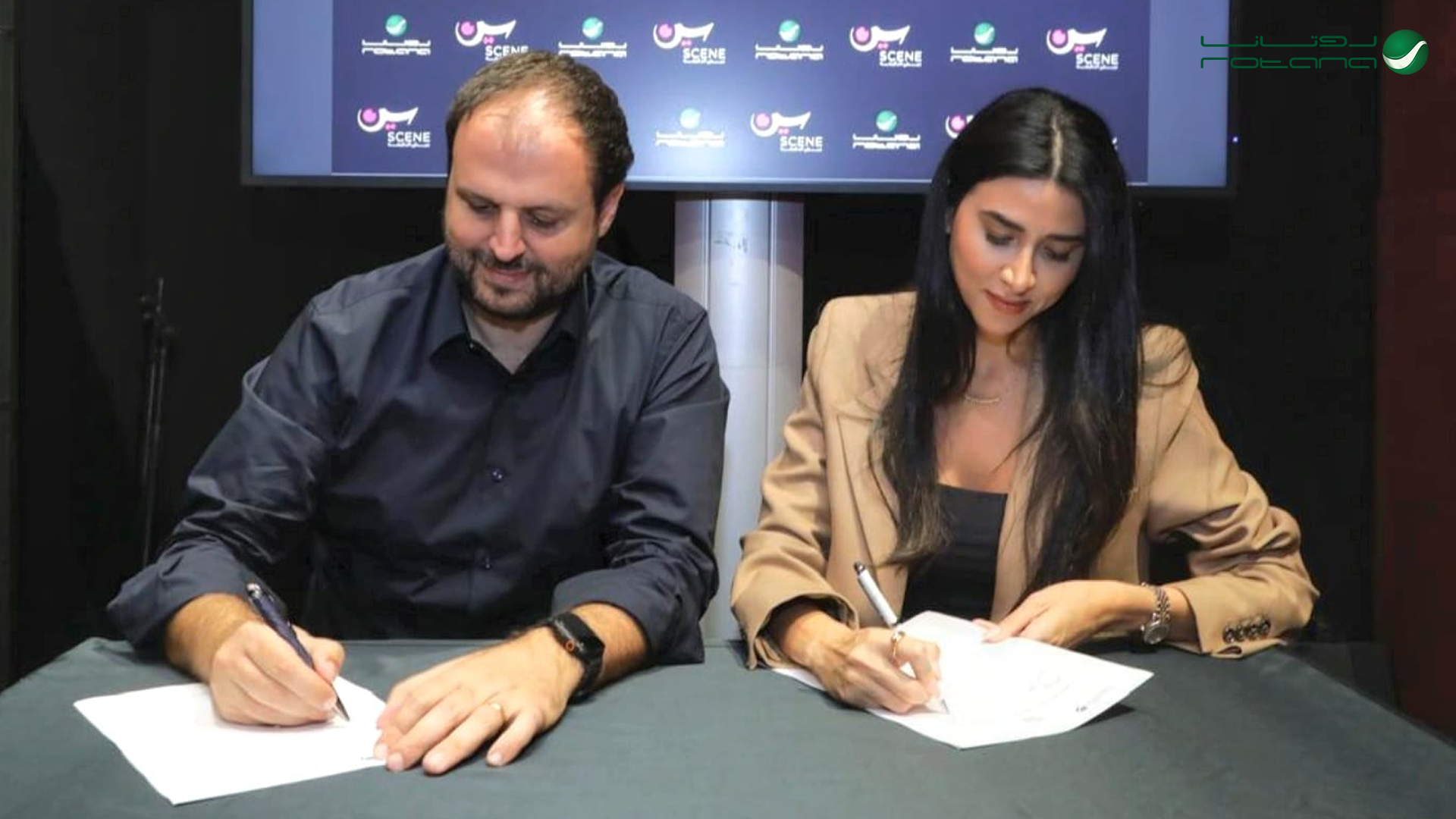
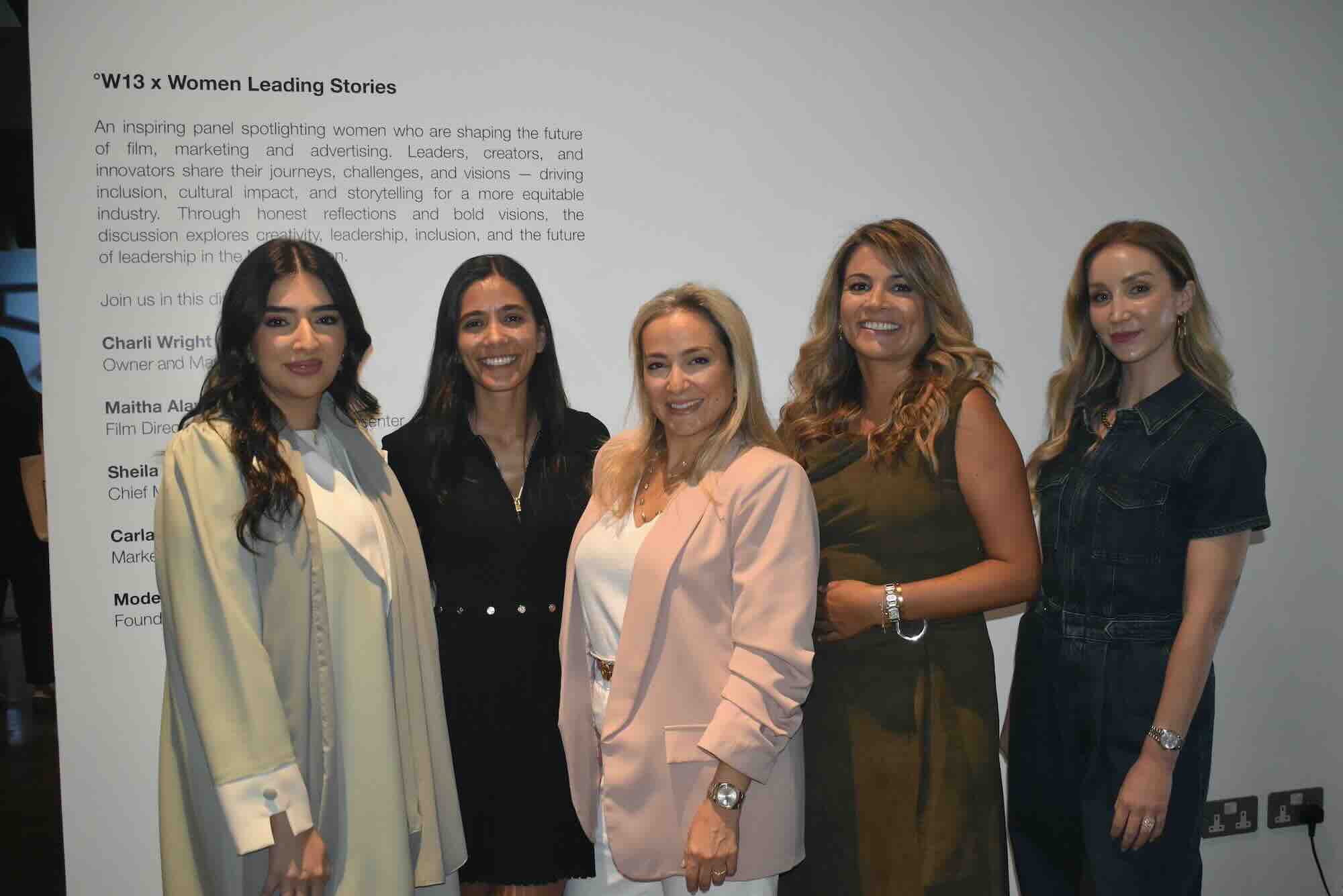
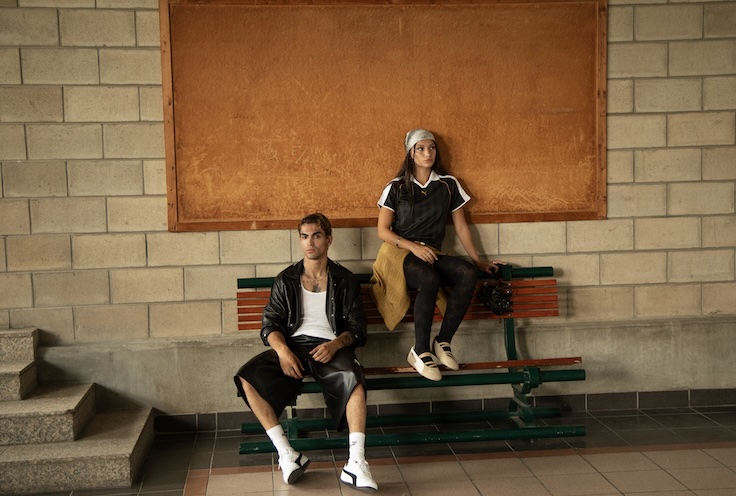
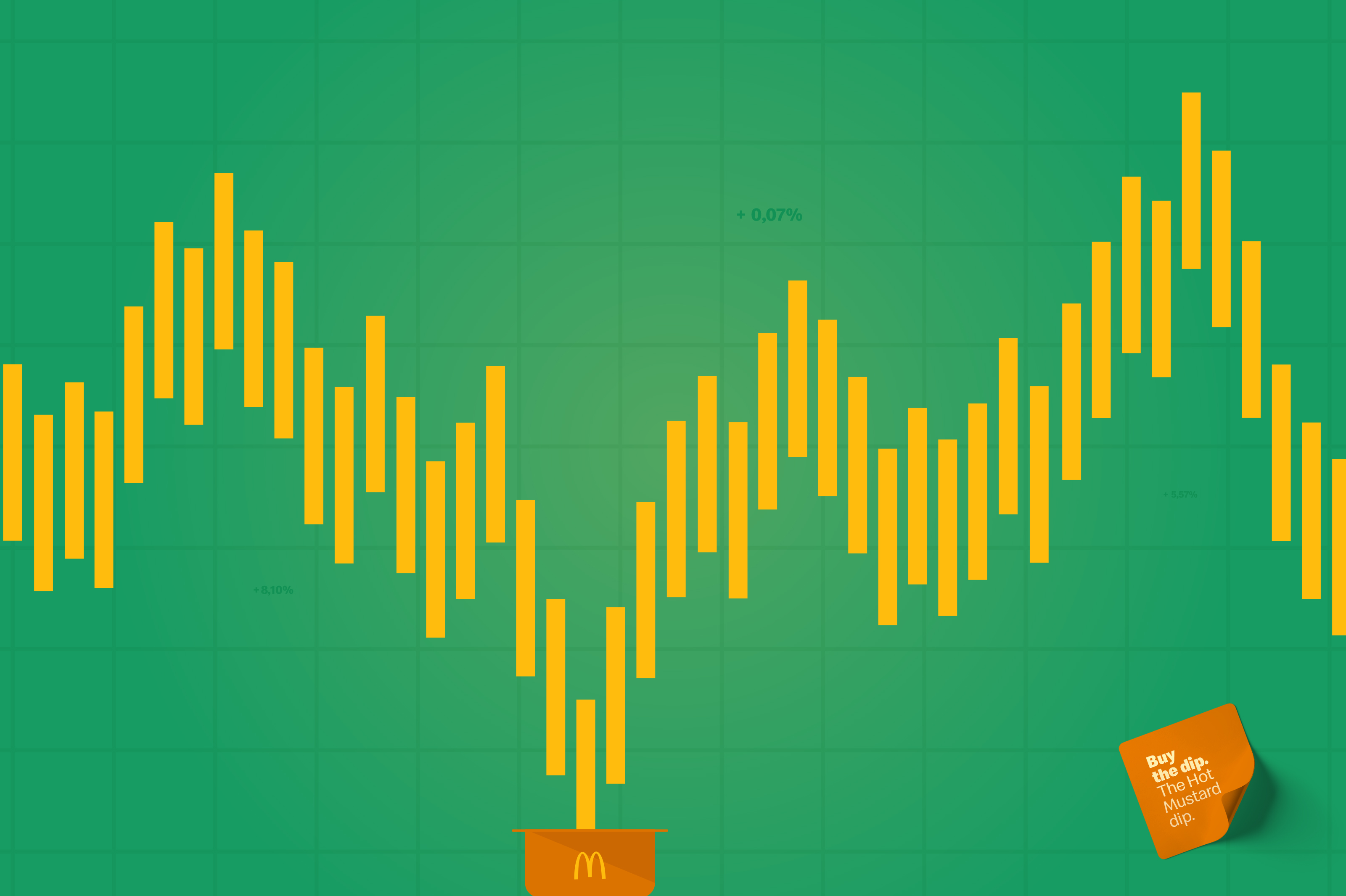
.jpg)




